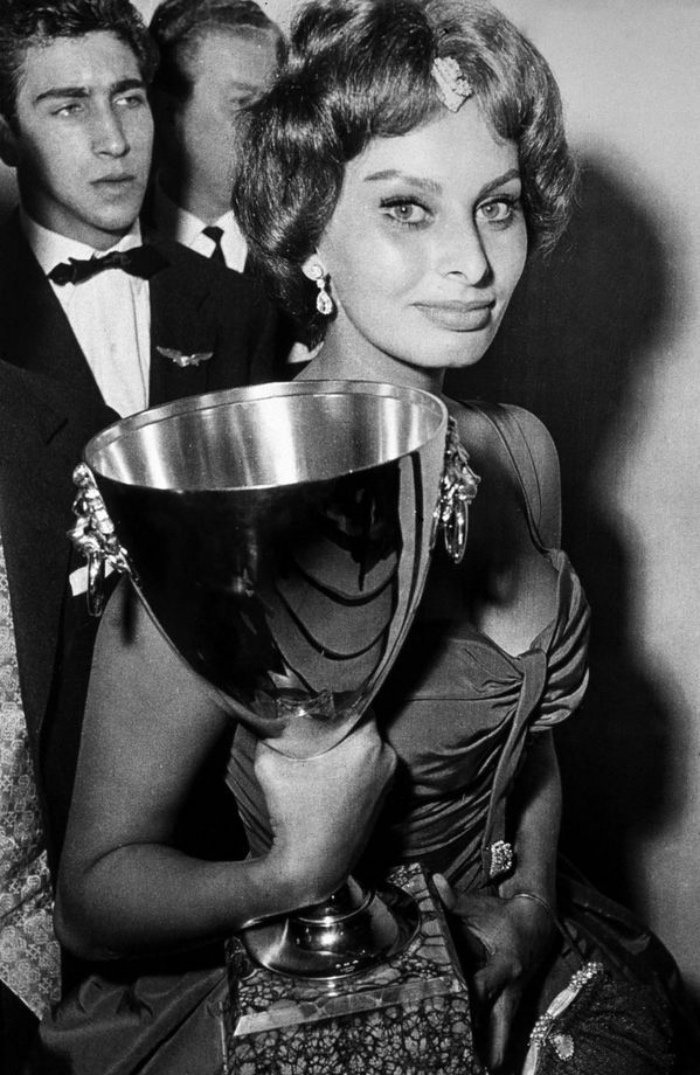
THE VENICE INTERNATIONAL FILM FESTIVAL: history of the world’s oldest film festival
The Venice International Film Festival is the world’s oldest film festival.
The first edition dates back to 1932, and was held on the terrace of the Hotel Excelsior on the Venice Lido.
At that stage it wasn’t a competitive event, but it consisted only of projections of films that would become classic movies.

Festival del Cinema di Venezia – Dustin Hoffman, Kevin Bacon, De Niro e Gassman nel 1996.
Among the films presented that year there were Forbidden by Frank Capra, and the well-known Frankenstein by James Whale, the first and inimitable movie about the famous monster.
The second edition of the festival was characterized by the first sensational titles of international magazines, because the movie Ecstasy by Czech film director Gustav Machaty included the first nude scene in the history of cinema.
The actress was Hedy Lamarr.
READ ALSO: all news from The Venice Film Festival 2016.
Since its first edition the Venice International Film Festival saw the birth and the success of neorealism, contributed to the rediscovery of Japanese cinema, has awarded and celebrated actors and film directors, but also has seen films criticised by the press which would become box office hits.
The 1940s were the difficult years of war.
In the 1950s Italian cinema asserted itself on the international scene with Federico Fellini, whereas the 1960s were characterized by protests, and, therefore, no award was assigned until 1979. Then, since the 1990s the presence of Hollywood stars and productions has been characterising each edition of the Venice International Film Festival.
The Venice International Film Festival is part of the Venice Biennale, which promotes all artistic forms, and the Golden Lion is one of the most important international cinema awards, along with the Golden Palm of the Cannes Film Festival and the Golden Bear of the Berlin Film Festival.
SEE ALSO: the photos of the most beautiful actresses in the history of Italian cinema.
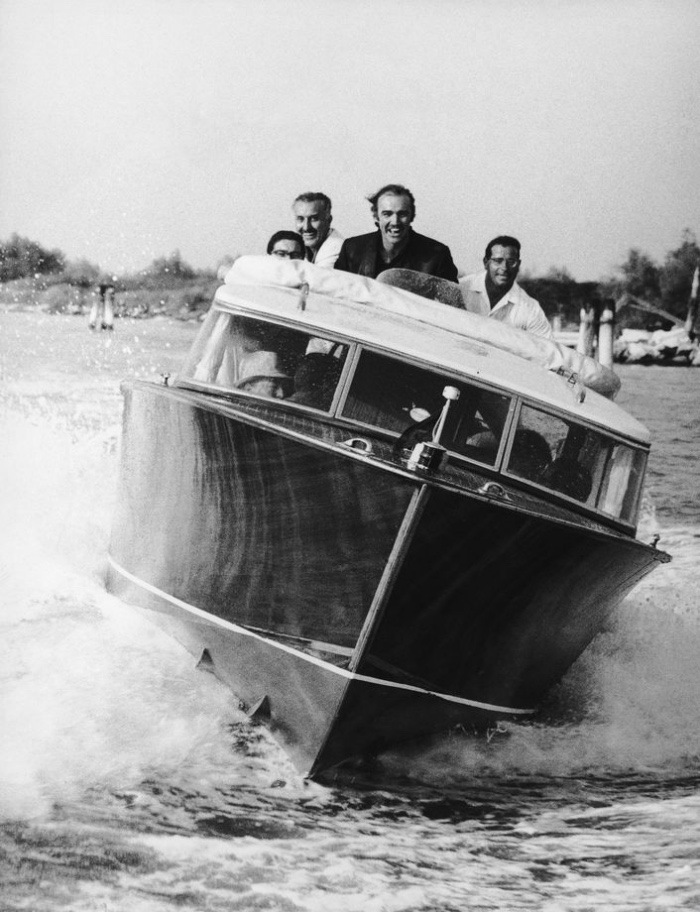
Festival del Cinema di Venezia – Sean Connery nel 1967.
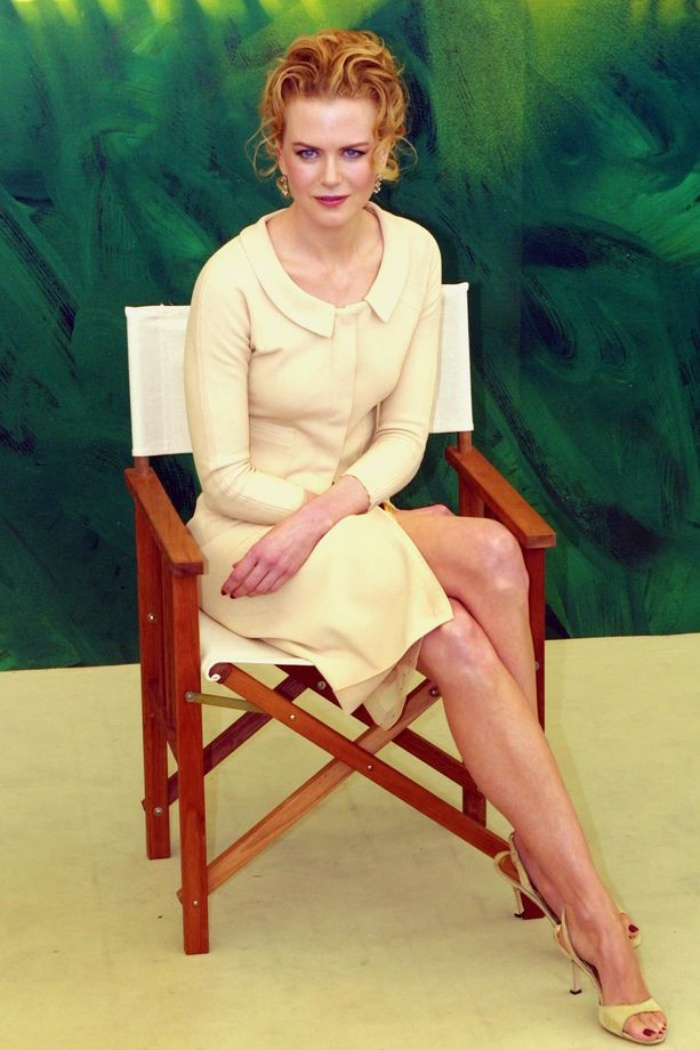
Festival del Cinema di Venezia – Nicole Kidman nel 2001.
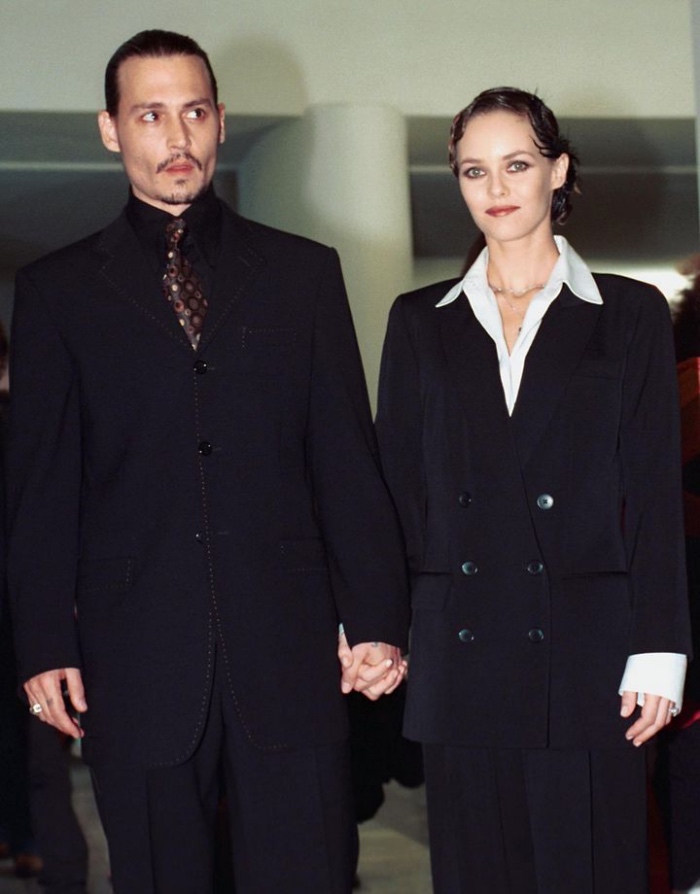
Festival del Cinema di Venezia – Johnny Depp e Vanessa Paradis nel 2001
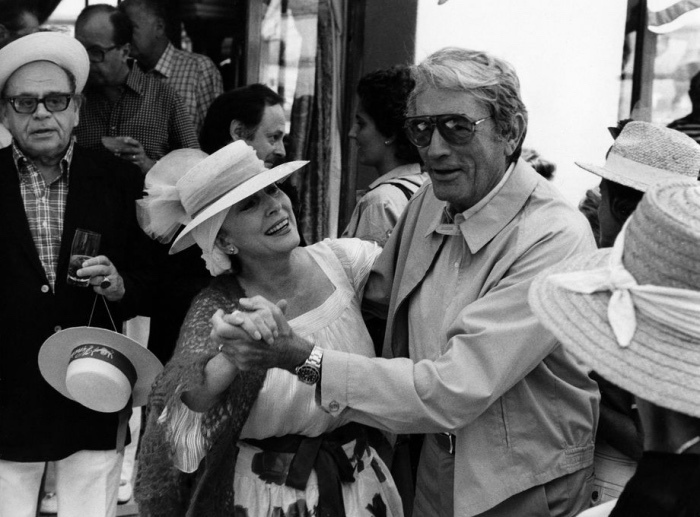
Festival del Cinema di Venezia – Gregory Peck nel 1983
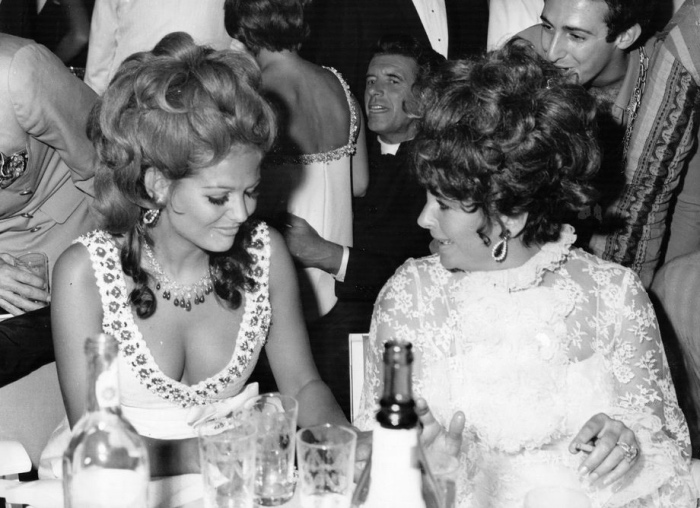
Festival del Cinema di Venezia – Claudia Cardinale e Liz Taylor nel 1967

Festival del Cinema di Venezia – Brad Pitt e Angelina Jolie nel 2007
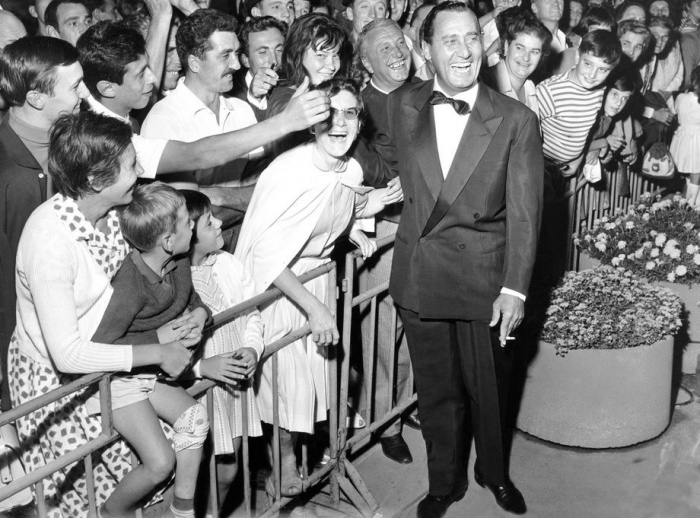
Festival del Cinema di Venezia – Alberto Sordi nel 1967
Il Festival del Cinema di Venezia fa parte delle numerose attività della Biennale di Venezia, che promuove tutte le forme artistiche e il Leone d’Oro è uno dei più importanti riconoscimenti cinematografici internazionali, insieme alla Palma d’Oro di Cannes e all’Orso d’Oro di Berlino.

